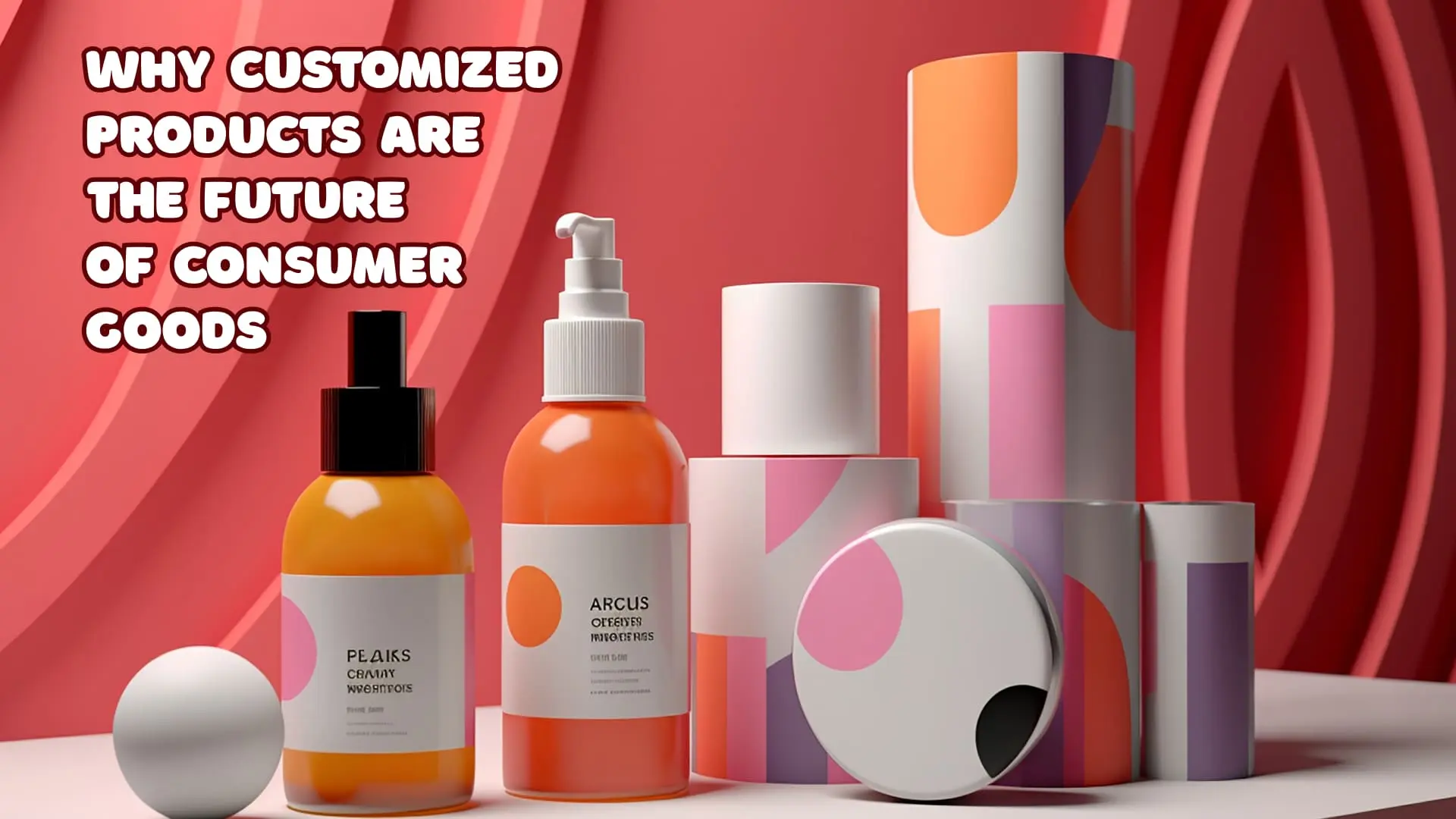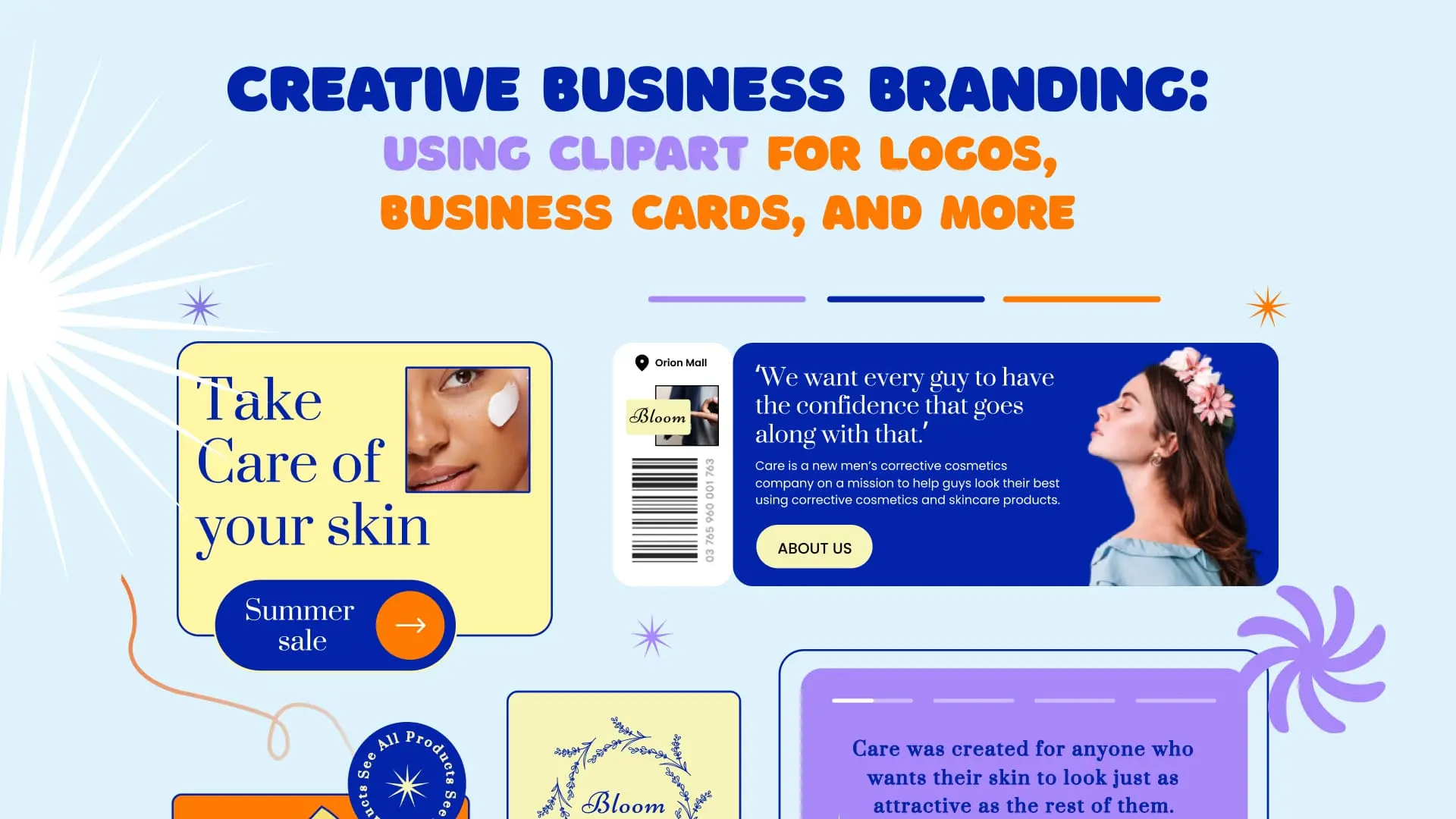-
Empty cart
No products in the cart.
Return to Shop

In today’s fast-paced world, where mass production dominates the market, there’s a growing trend toward personalized and customized products. According to a recent study by Deloitte, over 50% of consumers expressed interest in purchasing personalized products and services. This shift indicates a significant change in consumer behavior, driven by the desire for uniqueness and individuality. Customized products offer a range of benefits that extend beyond mere aesthetics. They cater to specific needs, enhance customer satisfaction, and even contribute to environmental sustainability. In this article, we’ll delve into the various advantages of customized products and explore why they are becoming a preferred choice for many consumers.
Understanding Customization
Definition of Customized Products
Customized products are items tailored to meet the specific preferences and needs of an individual. Unlike mass-produced goods, which are identical and designed for the general population, customized products offer a unique, personalized touch. This can range from simple modifications, such as adding a name or monogram, to entirely bespoke creations crafted from scratch.
Industries across the board are embracing customization. In the fashion industry, for example, consumers can design their own sneakers or select fabrics and cuts for tailored suits. In technology, companies like Dell and Apple allow customers to configure the specifications of their computers. Home decor brands offer customizable furniture where buyers can choose dimensions, colors, and materials to suit their living spaces. This widespread adoption highlights the versatility and appeal of customization in various sectors.
Personalization and Uniqueness
Personal Expression
One of the most compelling benefits of customized products is the ability to express one’s personality and style. In a world filled with mass-produced items, having something uniquely yours can be incredibly satisfying. Customized products allow individuals to showcase their tastes, preferences, and creativity. For instance, custom clothing and accessories enable people to design pieces that reflect their fashion sense, whether it’s through selecting specific fabrics, colors, or patterns.
Custom products also cater to hobbies and interests. A gamer might opt for a personalized controller with their favorite colors and grip style, while a pet owner could get a custom portrait of their furry friend. This level of personalization ensures that the products resonate on a personal level, creating a deeper emotional connection between the consumer and the item.
Uniqueness
Customized products stand out because of their uniqueness. Unlike mass-produced items, which can often feel generic, customized products are one-of-a-kind. This uniqueness not only makes them special but also adds to their perceived value. For example, a handmade piece of jewelry with a personalized engraving or a custom-built bike tailored to an individual’s specifications are more likely to be treasured and appreciated.
The uniqueness of customized products is often highlighted through customer stories and testimonials. For instance, a couple might share how their custom-designed wedding rings symbolize their unique love story, or an artist could talk about how their bespoke art pieces capture their client’s vision perfectly. These stories underline the personal value and significance that customized products bring to their owners.
Enhanced Customer Experience
Better Customer Satisfaction
Customized products lead to higher customer satisfaction by precisely meeting individual needs and preferences. When customers have the option to tailor products to their exact specifications, they are more likely to be satisfied with the final product. This is because they play an active role in the design and selection process, ensuring that the product aligns with their expectations.
Studies have shown that customers who purchase customized products report higher satisfaction levels. For example, a survey by Bain & Company found that 25-30% of consumers are willing to pay more for personalized products, indicating the value they place on customization. Whether it’s a custom-fit suit that feels perfect or a personalized skincare regimen that addresses specific concerns, the satisfaction derived from these products is significantly higher.
Customer Engagement
The process of customizing a product is inherently engaging. It involves the customer in the creation process, making them feel more connected to the product. This interactive experience can range from using online tools to select product features to collaborating with designers on bespoke items.
Platforms that facilitate customization, such as Nike’s “Nike By You” or Tesla’s custom car configurator, allow customers to visualize their choices in real-time. This not only enhances the shopping experience but also builds anticipation and excitement. Engaged customers are more likely to share their experiences and return for future purchases, fostering brand loyalty.
Customized products also often come with excellent customer service. The attention to detail and the focus on meeting individual needs usually translate to a more personalized customer service experience, further enhancing overall satisfaction.
Quality and Craftsmanship
Attention to Detail
Customized products often exhibit a higher level of detail and quality compared to mass-produced items. This is because customization requires a focused approach, where each product is crafted to meet specific requirements. Artisans and manufacturers pay close attention to every element, from the selection of materials to the finishing touches, ensuring that the product meets the highest standards.
For instance, bespoke furniture makers meticulously select wood types, finishes, and fabrics, resulting in pieces that are not only beautiful but also durable. Similarly, custom tailors take precise measurements and use high-quality fabrics to create garments that fit perfectly and last longer. This attention to detail is a hallmark of customized products and is a key factor in their superior quality.
Durability
Another significant benefit of customized products is their durability. Since they are often made with high-quality materials and crafted with care, these products tend to last longer than their mass-produced counterparts. For example, a custom-made leather bag, designed with top-grade leather and reinforced stitching, can withstand years of use and still look stylish.
Durability also translates to better value for money. Although customized products may come with a higher upfront cost, their longevity ensures that they remain useful and attractive for a longer period, reducing the need for frequent replacements. This long-term value is an important consideration for consumers who are looking for sustainable and cost-effective options.
Case studies of brands known for their craftsmanship further illustrate the durability of customized products. For instance, companies like Rolex and Rolls-Royce, which offer extensive customization options, are renowned for their meticulous craftsmanship and the enduring quality of their products.
Economic and Environmental Benefits
Economic Impact
Customized products have a significant positive impact on local economies. By supporting small businesses, artisans, and local manufacturers, consumers contribute to the growth and sustainability of their communities. These businesses often rely on the demand for unique, personalized products to thrive, creating jobs and fostering economic development.
For example, a local jeweler who creates custom pieces may employ skilled artisans and source materials locally, which supports the regional economy. Similarly, a custom furniture maker can help sustain a network of suppliers, craftsmen, and designers. By choosing customized products, consumers play a crucial role in sustaining these businesses and promoting economic diversity.
Moreover, small businesses that specialize in customization often exhibit higher levels of innovation and creativity, driving forward new ideas and trends. This innovation can lead to the development of niche markets and unique offerings that differentiate them from larger, mass-production companies.
Sustainability
Customized products also offer considerable environmental benefits. The emphasis on quality and durability means that these products have a longer lifespan, reducing the need for frequent replacements and thereby decreasing waste. High-quality materials and craftsmanship ensure that products can be used for many years, which is a more sustainable approach compared to the fast fashion and disposable goods often seen in mass production.
Additionally, customization can lead to more efficient use of resources. Because products are made to order, there is less overproduction and waste. Companies can better manage their inventories and reduce excess stock, which often ends up in landfills. This sustainable production model minimizes environmental impact and promotes responsible consumption.
Statistics support the environmental benefits of customized products. For instance, a study by the Ellen MacArthur Foundation highlights how a circular economy, which includes principles of customization and longevity, can significantly reduce environmental footprints. By opting for customized products, consumers can contribute to a more sustainable future.
Future of Customization
Technological Advancements
The future of customization is being shaped by rapid technological advancements. Technologies such as 3D printing, artificial intelligence (AI), and augmented reality (AR) are revolutionizing the way customized products are designed and produced. These innovations are making customization more accessible, affordable, and efficient.
- 3D Printing: This technology allows for the creation of highly customized products with intricate designs and precise specifications. From custom prosthetics to personalized jewelry, 3D printing enables manufacturers to produce items on-demand, reducing waste and enhancing sustainability.
- Artificial Intelligence: AI can analyze customer data to predict preferences and suggest personalized products. For instance, AI-powered fashion platforms can recommend clothing styles based on a user’s past purchases and browsing behavior, making the customization process more intuitive and personalized.
- Augmented Reality: AR technology enables customers to visualize customized products in real-time. For example, AR apps allow users to see how a piece of furniture would look in their living room or try on virtual glasses to find the perfect fit. This immersive experience enhances customer engagement and satisfaction.
These technological advancements are paving the way for even greater levels of personalization and customization, making it possible for consumers to get precisely what they want, when they want it.
Consumer Trends
Consumer preferences are evolving, and there is a growing demand for personalized and customized products. This trend is driven by several factors, including the desire for unique items, the increasing importance of sustainability, and the enhanced customer experience that customization offers.
- Desire for Uniqueness: As consumers seek to stand out and express their individuality, the demand for unique, customized products continues to rise. This trend is particularly evident among younger generations who value personal expression and uniqueness.
- Sustainability: As awareness of environmental issues grows, consumers are increasingly opting for sustainable products. Customized products, with their focus on quality and durability, align with this shift towards responsible consumption.
- Enhanced Customer Experience: The interactive and engaging process of customizing a product enhances the overall customer experience. As a result, more consumers are willing to invest in products that offer a personalized touch.
These trends indicate a bright future for the customization industry, with continued growth and innovation expected in the coming years.
Customized products offer a wide array of benefits, from allowing personal expression and providing unique, high-quality items to enhancing customer satisfaction and promoting sustainability. Technological advancements and evolving consumer trends are further driving the growth of the customization market, making it a significant player in the future of consumer goods.




